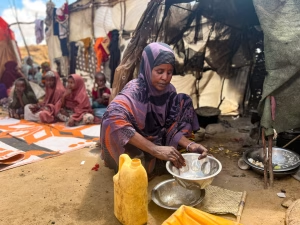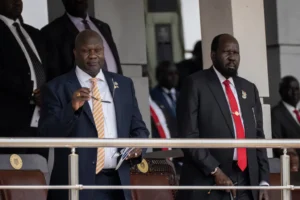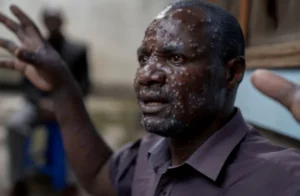Abuja has been gripped by rumours of an Ebola outbreak. For many residents, the whispers evoked painful memories of the 2014 West African crisis that claimed over 11,000 lives. But this time, the story took a different turn: the suspected case in Nigeria’s capital tested negative for both Ebola and Marburg.
Dr. Dolapo Fasawe, Mandate Secretary of the FCT Health Secretariat, confirmed the result at a press briefing. She praised the swift response system that flagged and isolated the case, preventing unnecessary spread and fear. “This is not the first suspected case we’ve had this year,” she revealed, “but due to an effective surveillance system, we have been able to follow protocols better than other states.”
From a global perspective, this incident is more than just Abuja’s close call. It is a reminder that infectious diseases know no borders. The suspected patient, who had recently travelled from Rwanda — a country that shares a frontier with Ebola-hit Democratic Republic of Congo — is proof of how fast health risks can move across regions.
Global health experts have long stressed the importance of preparedness and border surveillance. The FCT’s recent commissioning of an Emergency Operations Centre and collaboration with the Nigeria Centre for Disease Control (NCDC) echo wider international calls for stronger public health systems, especially in Africa’s urban hubs where international travel is high.
But beyond systems and structures lies the critical role of public trust and behaviour. Dr. Fasawe commended the patient for immediately seeking care and reminded the public that “every fever is not malaria.” This simple but urgent message reflects a truth recognized by the World Health Organization: early reporting and community awareness are as vital as technology and funding in containing outbreaks.
Interestingly, the Abuja briefing also shed light on the human side of health systems: doctors’ welfare and capacity. The FCT Minister has approved allowances and recruitment of nearly 300 healthcare professionals. For a region that often grapples with brain drain and strained facilities, this is not just a local administrative decision — it is part of the global conversation about how healthcare workers can be supported to stand on the frontlines of crises.
The Ebola scare in Abuja may have ended with relief, but it also left a clear lesson: the fight against epidemics is global, but its first battles are often local. How cities like Abuja respond sets the tone for wider international health security.
As the world continues to face old threats like Ebola alongside new ones like COVID-19’s lingering impact, the FCT’s experience is a valuable case study — a reminder that preparedness, transparency, and community trust remain the real shields against global epidemics.











